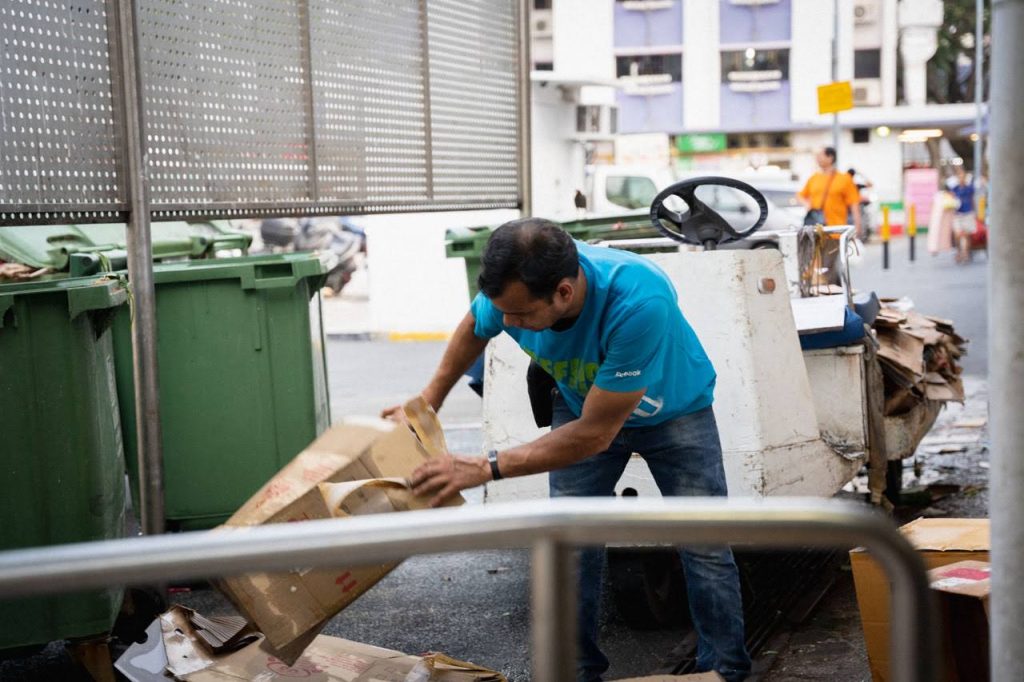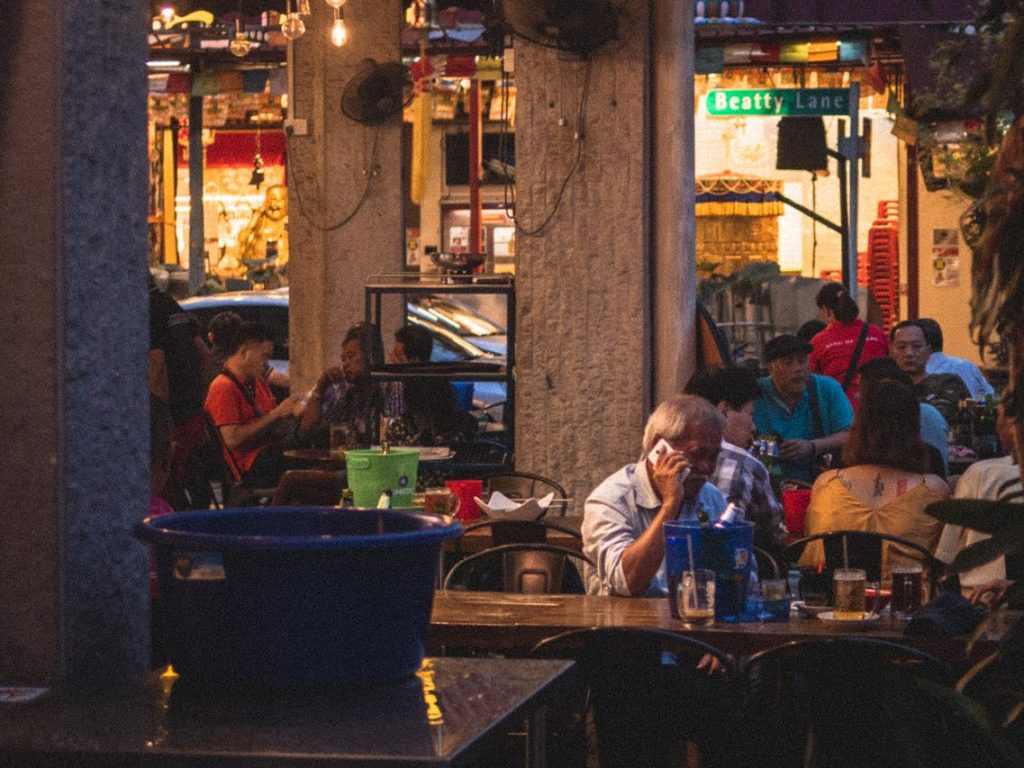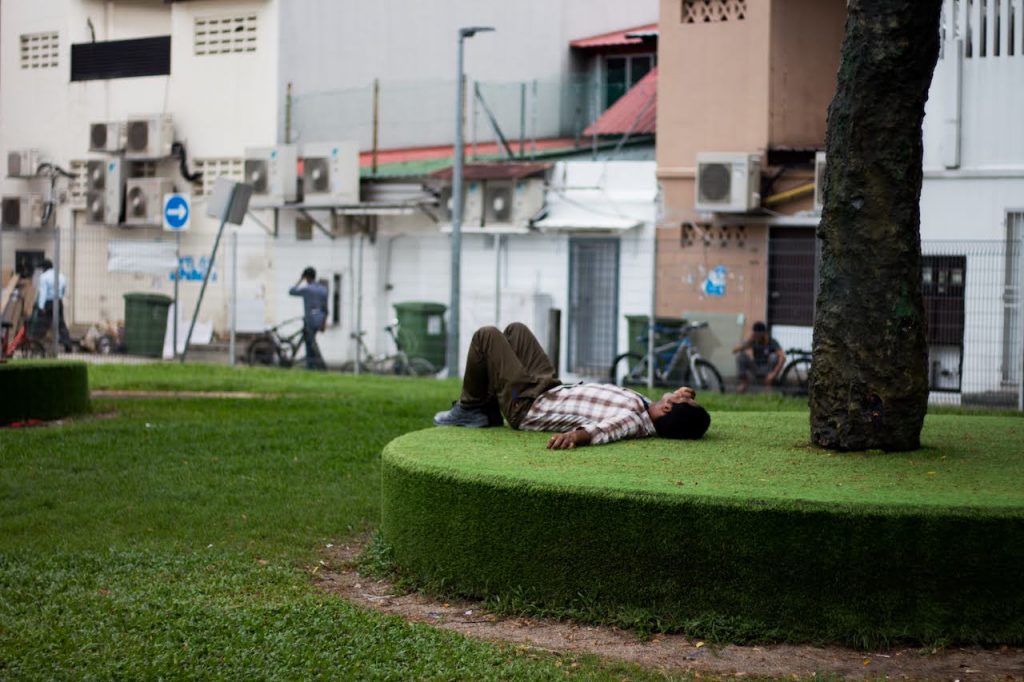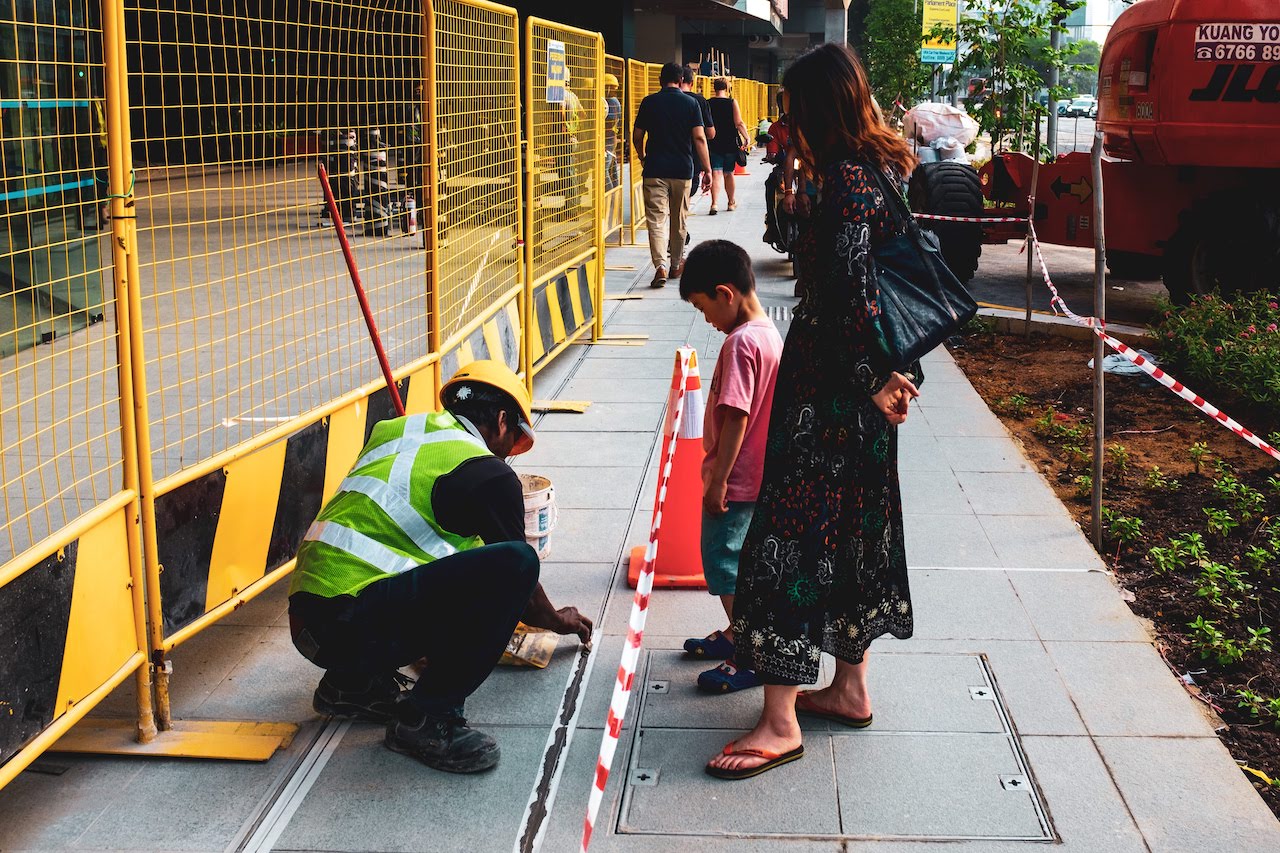A few days ago, I translated a Zaobao forum letter “No Need For Unnecessary Finger-Pointing During A Pandemic” that quickly went viral. The letter drew much flak for its racist and xenophobic overtures.
In response, the forum editor defended its decision to publish the letter, arguing that it was important not to censor views out of political correctness, particularly if a significant portion of Singaporeans held those views. Donald Low, who had shared my post, similarly said in a Facebook post, “Views in the Zaobao piece reflect mainstream/average opinion in Singapore, which is why I don’t expect significant change in Sg’s treatment of FWs after this.”
His comments made me think about my own experience interacting with my parents. Most things considered, my parents approximate the figure of the “average citizen”, insofar as the “average citizen” exists (it does not). My parents consider themselves “middle-class”. They are not highly-educated: my father only has a PSLE certificate, having failed the examination twice, and dropped out of Secondary 1 to support the family. My mother has an O-Level certificate. Both of them communicate primarily in Chinese or dialect. They consume most of their media through Zaobao, Wanbao, Channel 8, or one of the Chinese radio stations.
When my parents saw the forum letter I had translated, they beckoned me over.
“Look, I think this writer makes a lot of sense,” my mother had told me. Needless to say, I was aggrieved.
My mother was perturbed to see my anger; she was more perturbed still when I (smugly) told her how many others clearly shared my anger, particularly after the post went viral. We fought about it, but I was too tired to fully explain my anger, and I had to leave the house soon for a volunteering shift to pack care packs for the Covid Migrant Support Coalition.
On the car ride there, my father quietly asked me if I had some time to talk to him. He asked me if I could possibly explain to him, patiently, why I had been so angry, for he had not quite understood where I was coming from earlier that morning. He thought the views expressed in the forum seemed reasonable, and wanted to understand what about it had made me so angry, for it was not immediately clear to him.
“I know I might be wrong,” he said carefully, “that’s why I hope you can try and explain to me.”
In my awkward, stumbling Chinese, I explained to him that it was wrong of the author to make generalisations about the migrant worker community based on anecdotal evidence; that the “habits” she had pointed to as responsible for their “poor hygiene” were cultural practices common to many races, not just the predominantly South Asian migrant workers, and that there was a failure to understand the pragmatic limits of maintaining hygiene standards in crowded dormitories.
When I finished, he nodded, telling me that he understood better now, and that he was sorry for his earlier ignorance. He then joked to me, “Maybe you see these things because you go to university.”

But perhaps there is some grain of truth to how the language we use to articulate these issues can sometimes be alienating—phrases like “institutionalised racism”, “Chinese privilege”, and “intersectionality” are often invoked in such discussions, but fly over the head of those who have not heard of such terms.
In a beautiful article written by my friend Theophilus Kwek, he had shared his observations about how civil society events tended to attract a particular crowd: “well-spoken twenty-somethings who are familiar with social causes, fashionable (if slightly geeky), and conversant in social science jargon.”
I had laughed when I read it, for I identified with the portrait he had painted (except I am only geeky, and not very fashionable).
When I attend these events, I often wonder about whether I am contributing to an echo chamber. Like Theophilus, I also wondered about how we could make these events more accessible. Each of us has our own unique struggles, and some of us don’t have the time or capacity to engage with social issues to the same extent.
During a recent interview, I had the chance to discuss a range of issues with a panel of senior civil servants and leaders in Singapore. One of the issues we had talked about was that of increasing polarisation.
I had suggested having more forums, like Our Singapore Conversations, to address the problem of echo chambers and the lack of dialogue across social spheres. “You think the average uncle or auntie in the kopitiam would want to attend your forum discussion?” a *very* senior civil servant had retorted. (Clearly, I was naive; I did not get the scholarship.)
I don’t have any easy answers, but I think we urgently need to bridge disjuncts in media spheres, in terms of the news we consume and the language we use to articulate our positions on social issues. Perhaps what is more concerning about the Zaobao article itself isn’t that these views exist—it is that some of us were shocked that they do, and that those who had agreed with its views were similarly shocked that others had thought otherwise. I am reminded of how much I live in a bubble, a bubble that blinds me to other views even within my own family.

This requires us to understand the lifeworlds that other Singaporeans are situated in—the media channels they consume, the generational values they were brought up with, the kinds of education or experiences they might have had that are instrumental in shaping views on social issues.
Understanding their views doesn’t require us to agree with them; it simply asks that we start from a position of active curiosity, and empathy. It asks that we listen, even if they might say things that strike us as deeply offensive or simply wrong.
Often, I have found that people are quite willing to listen, particularly if you sincerely explain to them why their words or actions may be wrong, and potentially hurtful to others. I have also found, unsurprisingly, that angry yelling, while extremely cathartic, is not always helpful in bridging these divides. Most of the time, my anger has only backfired on me, for it makes people more defensive, and pushes them into a corner.
This is not to say that anger is always unproductive (or that we always have control over our visceral emotions). Particularly for many minorities in Singapore, the contents of the letter may have felt deeply offensive, and communal anger was helpful as a form of collective grief.
But the “mob of social justice” can also be quick to demonise, coming after dissenting views with pitchforks. Sometimes, I’m not sure what it does, other than display our apparent moral superiority and perhaps, some self-congratulations. This can alienate those who may have listened to our views, but who switched off when they heard anger instead of empathy. Others may feel compelled to publicly agree with views from a position of fear, not conviction.
But we cannot build community with fear, or even anger.
Instead, I suggest approaching this issue from a place of love.
My mother follows a Taiwanese pop-psychologist who talks about the importance of “radiating love to everyone in the universe”. I (un)fortunately do not consume the same media as her, but bell hooks, one of my favourite authors, says something similar. She talks about the need for a “love ethic” when she writes, “Embracing a love ethic means that we utilise all dimensions of love—care, commitment, trust, responsibility, respect and knowledge—in our everyday lives.”
In times of crisis or grave systemic inequalities, “love” can seem like a cop-out solution. But without great love, we risk descending into US-style tribalism: each so convinced of our own (moral) superiority that we villainise the “other side” without seriously considering why they hold views so disarmingly different from ours.

After I read the Zaobao letter, I realised there was no point in venting only to my echo chambers, and enlisted the help of two friends, Michelle and Lu Lin, to write in to Zaobao ourselves to counter the original letter. My own Chinese letter writing skills are crap, but I found much solace in their powerful responses that were later published in Zaobao.
I am not quite naïve enough to think that their letters will immediately revise the opinion of the original forum letter writer. But I think their letters were important in signalling that not all Singaporeans share those views, and in swaying those who were formerly ambivalent, or unaware about why the previous letter struck many as racist and xenophobic.
I personally found it hard to articulate my anger towards the previous letter in the language my parents understand, and I was so proud that morning to show them the letter my friends wrote. My own mother quickly came around, and asked me why Zaobao even allowed such a letter to be published in the first place (the human mind is fickle; also—you can read the forum editor’s response defending their decision to do so here).
In the end, perhaps Minister Shanmugam is right—the letter was helpful in triggering debate, exposing views to scrutiny, and hopefully, allowing us as a society to become more enlightened. My only hope is that in future, we would not need a xenophobic forum letter to trigger discussion, or reveal these disjuncts in views, because we would already have had open, collective conversations beforehand.






